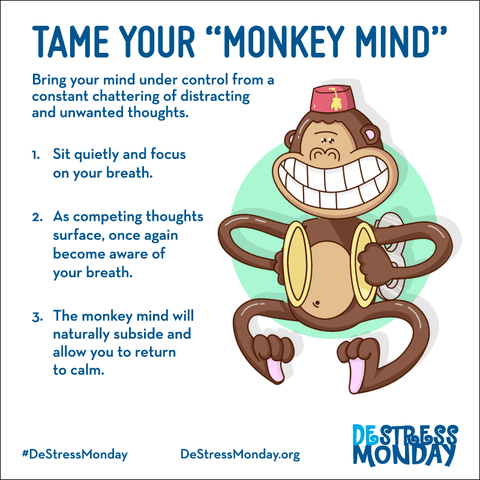We’re committed to providing comprehensive support for children, teens, and young adults, recognizing that therapy is just one facet of our holistic, integrative approach to mental wellness. Beyond traditional therapy, we offer a range of supportive services designed to meet the unique needs of young individuals. This includes guided art sessions that unlock creativity as a therapeutic tool, mentorship programs to foster resilience and growth, and much more. We invite you to explore our services page to discover the full spectrum of what we offer.
Tailoring our approach to each child, we integrate their environment—including school and home—alongside the active participation of parents/guardians, family, and other influential figures. Recognizing that children are shaped by their surroundings, we emphasize sustainable improvement through adaptive changes in their living environments.
Parenting challenges are manifold, especially when navigating your child’s struggles with anxiety, depression, anger, school, and peer relationships. Such challenges can strain the family dynamic, but we’re here to help with specialized care for young individuals.
What to Expect in Supportive Services for Children: Initially, we consult with parents/guardians to grasp the child’s situation comprehensively. Subsequent sessions focus on the child, employing art, movement, and play to facilitate growth and emotional well-being, ensuring therapy is an engaging and enjoyable experience.
Involving the Family: Success in therapy hinges on family involvement. Our approach includes Family Counseling, Parent Management Training (PMT), and Case Management to ensure a supportive environment for the child. PMT fosters family collaboration to address and resolve contributing factors to behavioral issues, aiming for a supportive family dynamic that nurtures the child’s development.
Therapy addresses both specific challenges and the overall psychological health of the family, suitable for a wide array of situations from major life transitions to mental health conditions. It’s an effective primary or complementary treatment for families facing stressors like financial hardship, divorce, or the loss of a loved one, as well as for managing mental health concerns, communication issues, interpersonal conflict, or behavioral problems in children and adolescents.
We’re dedicated to supporting your family’s journey toward mental wellness, offering more than just therapy to ensure a holistic and enriching experience for your child.


